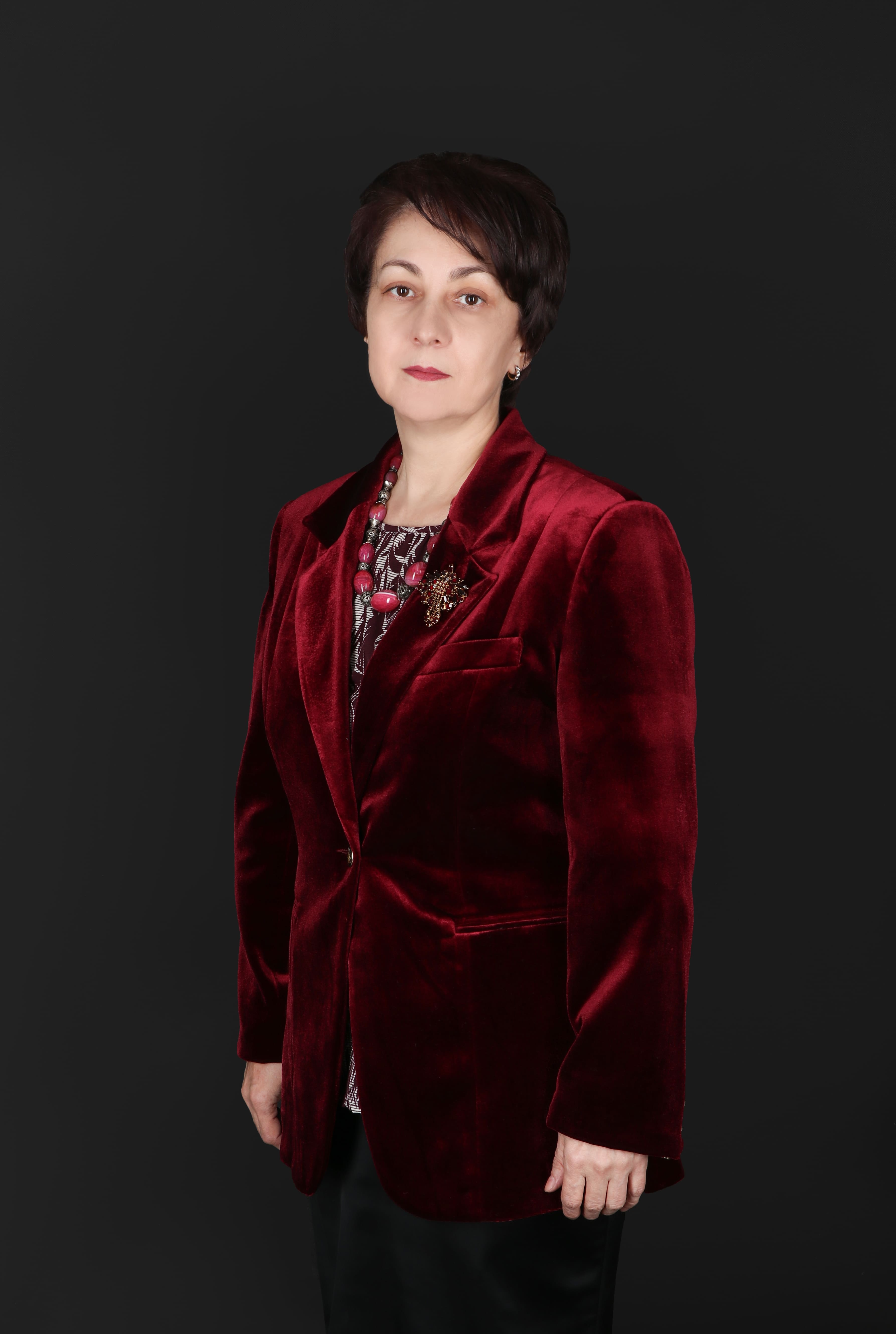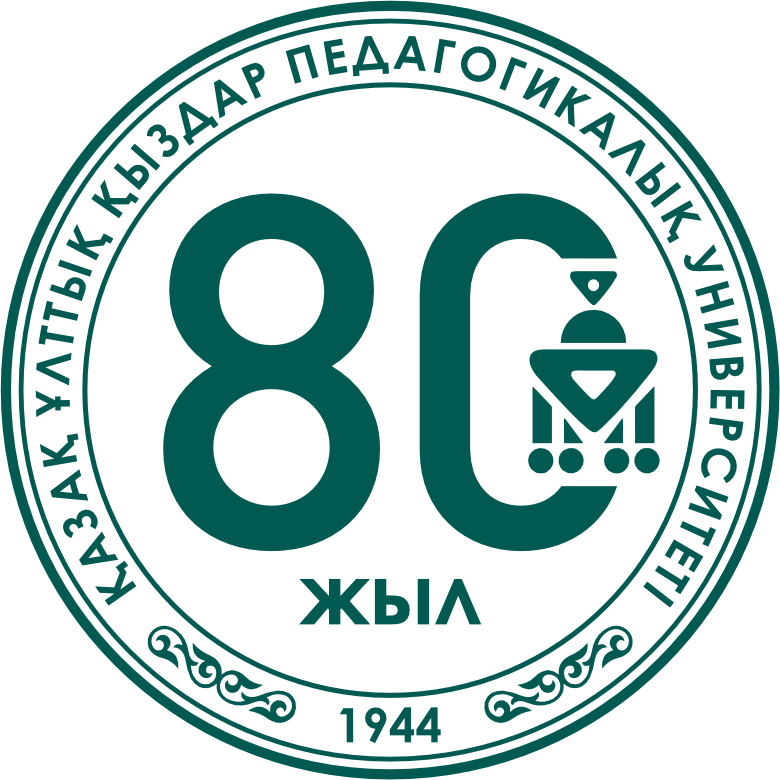Higher education in crisis
-

‘Bulletin of Kazakh National Women’s Teacher Training University’ recently received an article from three authors - two from Kazakhstan and one from the UK. The article is about cross-cultural communication, but I was interested in a foreign co-author Rosemary Sage, former professor and dean at the London College of Teachers, now a scientific consultant to a number of universities in Europe and Asia.
In 2020, Professor R.Sage published an article The Role of Higher Education in Developing Policy and Practice for the Development of the New Industrial Age
The article made a strong impression on me. We traditionally treat British education with reverence, considering UK universities to be the right place for higher education, master's and PhD degrees. Even Brexit has not affected the perception of British power in the intellectual and scientific spheres.
Dr. R. Sage writes that their education system is in crisis. The metaphor of "Swiss Cheese Learning" is given by her as proof of weaknesses. The testing system is not sensitive to the individual characteristics of students, but encourages memorization and unification. It is not difficult to enter universities even for graduates with modest grades; as a result, every year millions of bachelors and masters cannot find a job according to their requests. The process, the author notes, begins already in schools, where 90% of graduates are determined to go to universities. The situation in education reflects the problems of the economy. In terms of patents, Britain is not in the top 10 countries in the world. Engineers from other European countries excel in knowledge and training of English specialists. British business is shrinking, falling under the control of foreigners. The country is like a turtle, slowly crawling after the world's giants in the field of IT, it does not have its own Amazon, Facebook, Google. According to surveys, some British students spend less than 2 hours a day studying. As long as universities work according to the business format, there will be no changes for the better, Sage concludes.
I wrote to the author of the article and offered her to speak on this topic in more detail. Also, I invited to the discussion my colleagues and friends from the UK and Kazakhstan.
Participants from the UK:
Dr. Rosemary Sage,
Dr. Sandy MacDonald (Professor of Northampton University),
Aina Christodoulou (teaching assistant, Nottingham),
Polina Bishenden (PhD candidate at Kent University),
Dr. Rauza Vercoe (UCL),
from Kazakhstan:
Dr. Marina Khan (owner and general director of ‘Intellect’ agency, Almaty)
Zhanna Mendybaeva (director of the Agency of educational technologies ‘UniverSity’, Almaty).
I hope that teachers of universities in Kazakhstan will be interested to read the article by R. Sage and find out what reaction her theses caused among British and our scientists and teachers.






